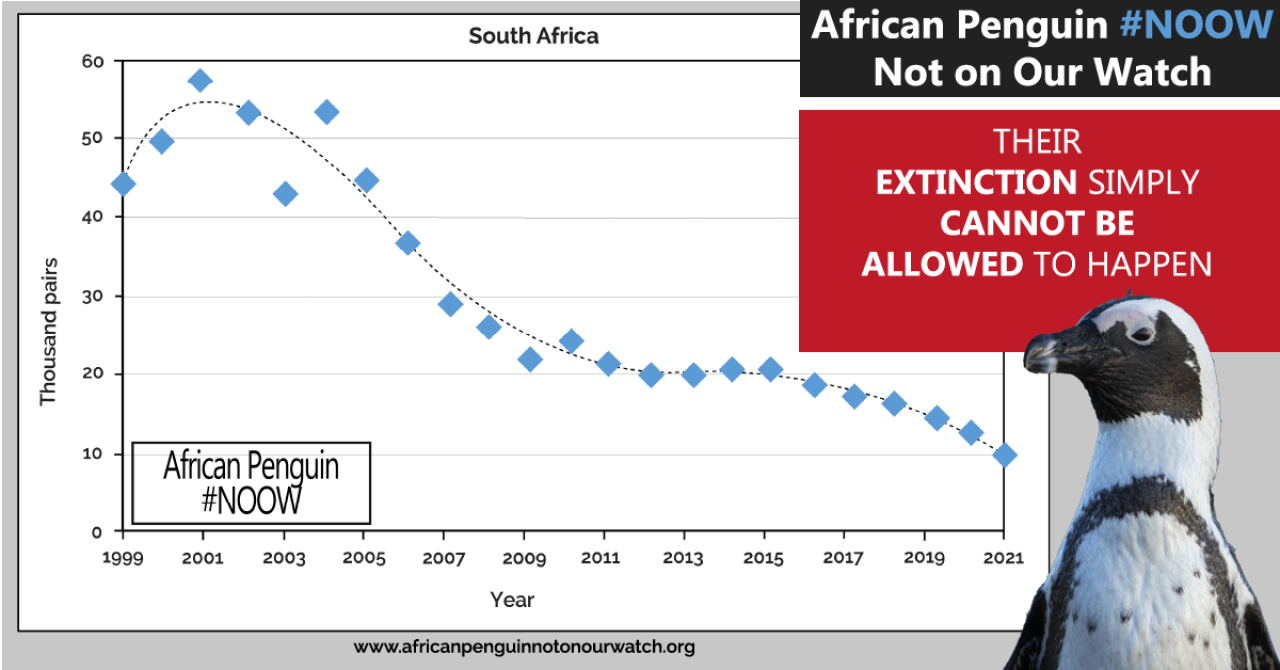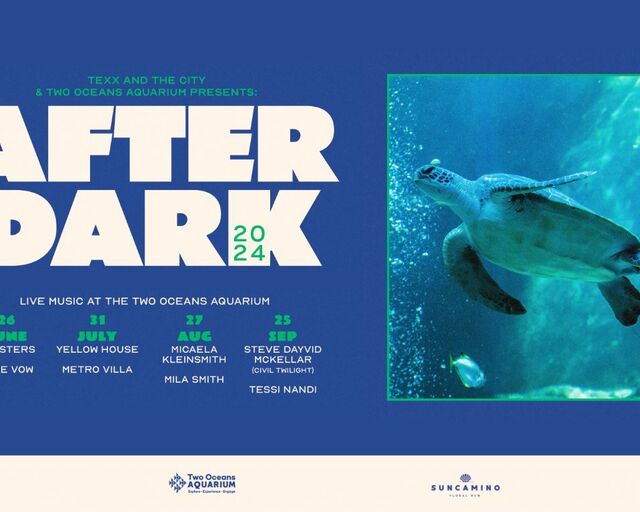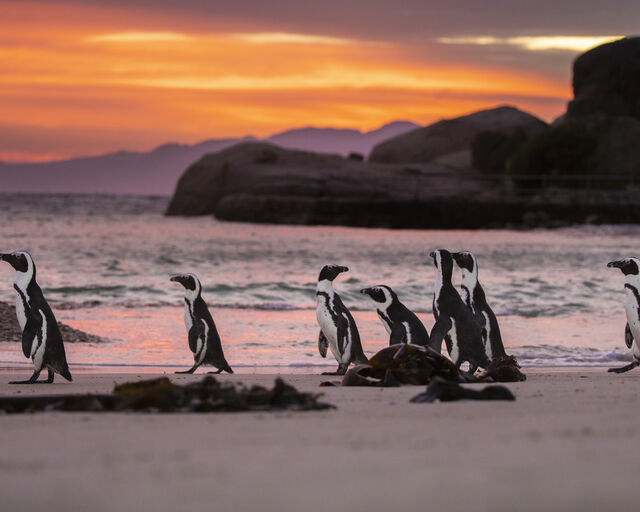Come waddle with us! #NOOW African penguin campaign

The Two Oceans Aquarium, in support of the #NOOW African penguin campaign, is taking a stand for the African penguin. If you are passionate about the African penguin and the well-being of South Africa’s marine environment, come waddle with us on 23 April 2023!
Penguins are whizzes at waddling, which is why the Two Oceans Aquarium’s penguin mascot, Samantha, is leading the group! We will start at Muizenberg Beach at 08h30 and make our way towards the colony of African penguins in Boulder’s Beach, Simons Town. During the 15-kilometre waddle, we hope to draw the attention and support of passers-by, casting a light on the plight of the African penguin.
World Penguin Day is just around the corner, so join our waddle and highlight the need for the urgent protection of the African penguin. #NotOnOurWatch will this special species go extinct.
Attendees – please show your support by wearing black and white clothing and carrying signs that reflect the #NOOW hashtag and slogans. We want our voices heard!
- Date: 23 April 2023
- Time: 08h30 to 13h30
- Start point:Surfer’s Corner, Muizenberg
- End point:Boulder's Beach, Simon's Town (~15km walk)
- Come prepared: Wear comfortable walking shoes. Remember to bring water (in reusable water bottles) and some snacks for fuel in reusable bags – please, no plastic.
- Get creative: Craft signs to create awareness or use the various infographics found on the #NOOW website.
- Prizes: Boulders Beach tickets and Two Oceans Aquarium tickets are up for grabs as spot prizes for attendees!

African penguins are on the brink of extinction
The waddle raises awareness for the plight of African penguins. African penguins are the only penguin species found on the African continent. Unfortunately, their numbers have declined dramatically in the last century – current estimates suggest that there are a mere ~10 000 breeding pairs in the wild today. If their numbers continue to decline at their current rate, these charismatic birds will be functionally extinct in the wild within 15 to 20 years.
One of the biggest threats to African penguins is food availability. These birds rely on small fish like anchovies and sardines for food. However, overfishing has decimated fish stocks and penguins struggle to find sufficient food for themselves and their chicks. Furthermore, climate change has significantly altered the marine ecosystem causing biodiversity and habitat loss. So, adult penguins must swim further than ever from their nesting grounds to find food. This compromises the health of their chicks and the adults themselves.
Guano harvesting is one of the main reasons for the earliest and most drastic decline in African penguin numbers. On the islands where thousands of penguins used to nest, guano layers (formed over hundreds of years) were the island’s substrate. African penguins nest by burrowing into this material. Historically, humans used guano as fertiliser and completely stripped penguin nesting areas by collecting tonnes of guano from these islands. As a result, African penguins were exposed to extreme weather events and other climate change-related phenomena, like severe heat and cold.
South Africa’s African penguin population is in trouble, with predation by marine and terrestrial animals, pollution, habitat loss, disease, and other human interventions contributing to their continued decline.
The #NOOW African penguin campaign
On 1 March 2023, the “Not On Our Watch” #NOOW Campaign was launched to raise awareness of the urgent plight of the African penguin. #NOOW highlights the need for urgent action to reverse the decline of the African penguin population in the wild. The Two Oceans Aquarium wholeheartedly supports this campaign!
Related News
Sign up to our Newsletter
Receive monthly news, online courses and conservation programmes.






